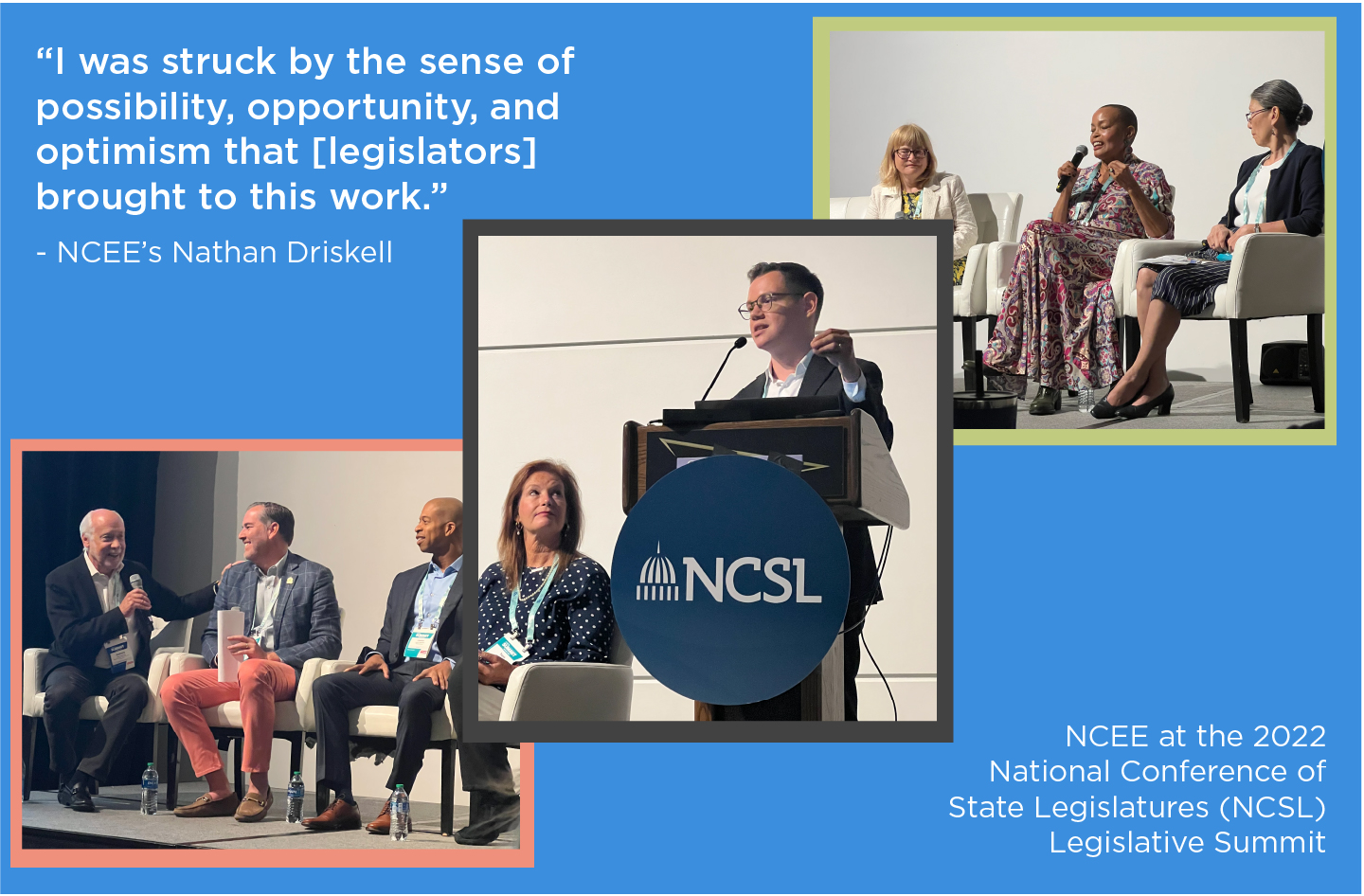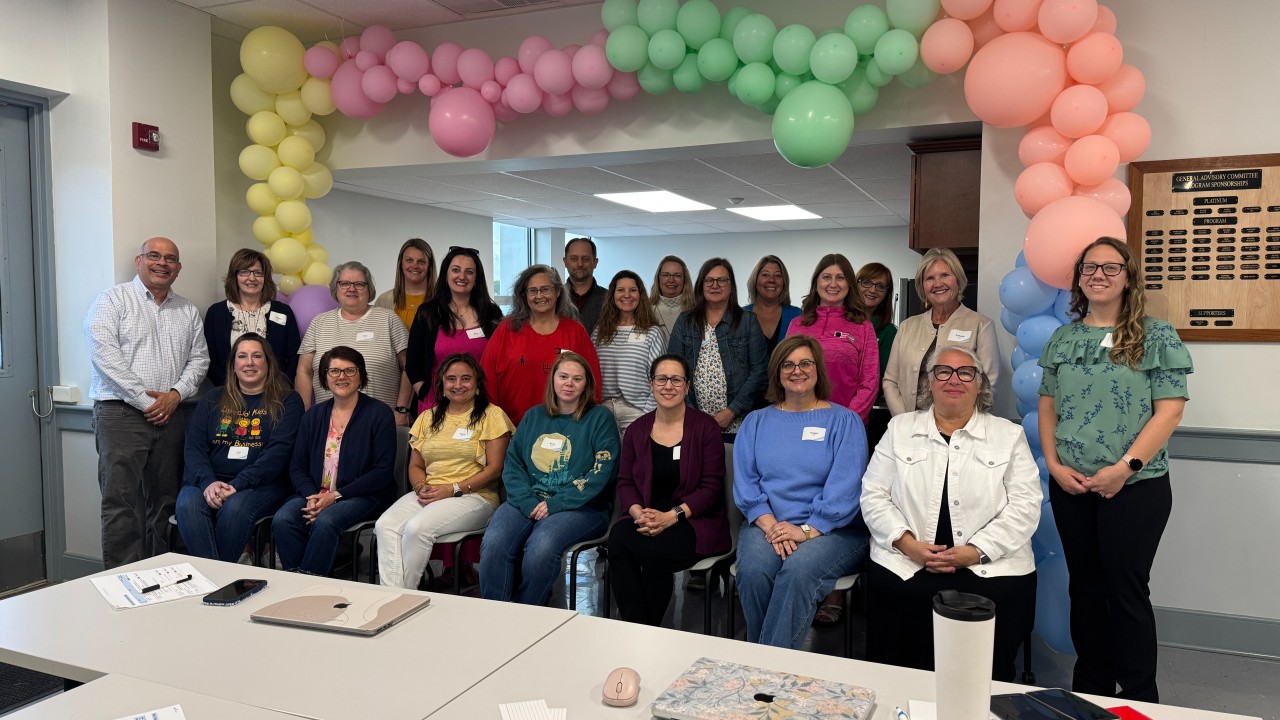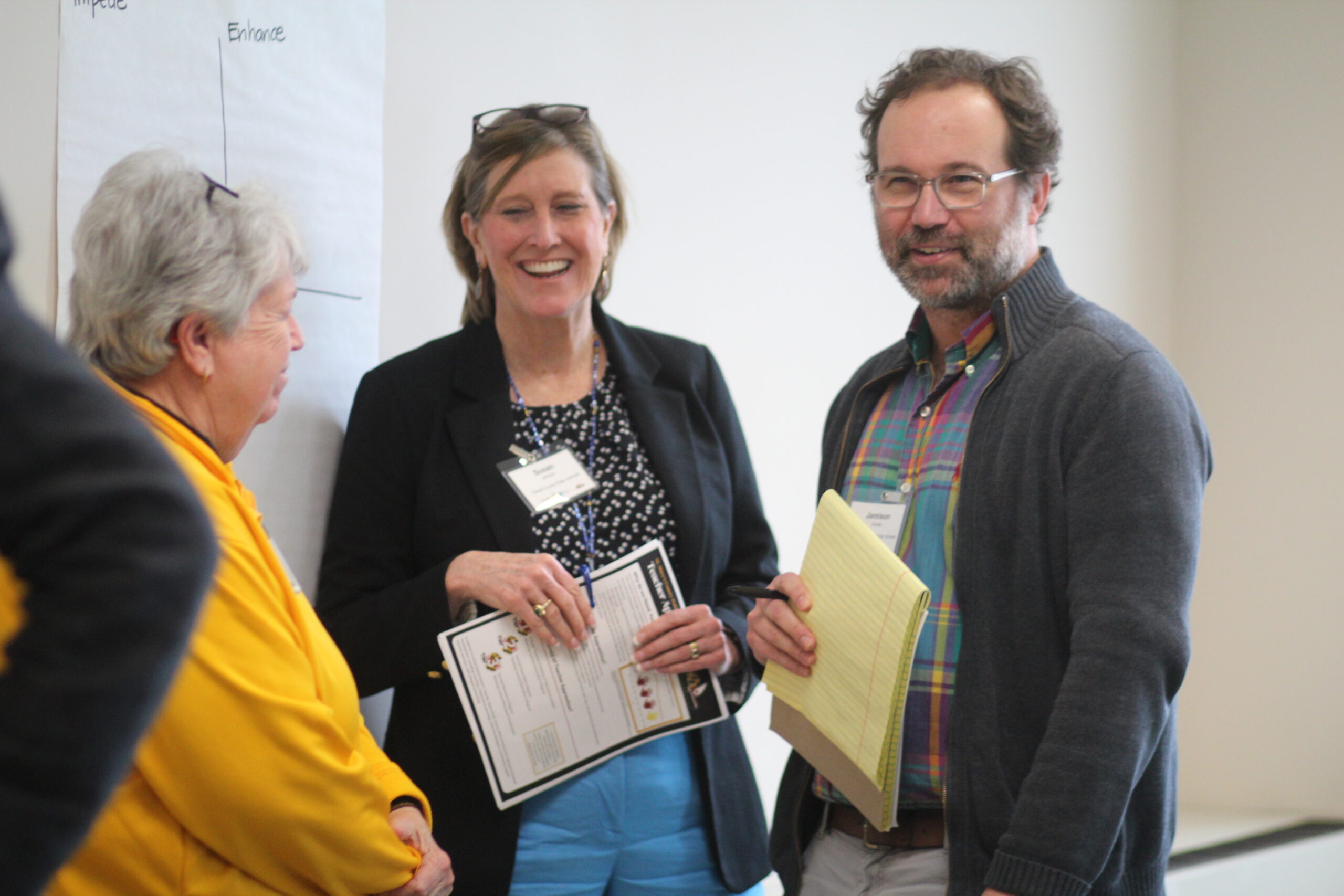
How are other countries recruiting top-notch teachers in the wake of an unprecedented shortage? This question was considered at the 2022 National Conference of State Legislatures (NCSL) Legislative Summit in Denver, Colorado from August 1-3. Speaking on a panel about the teacher shortage, NCEE’s past CEO and current Board Co-Chair Anthony Mackay explained that the U.S. faces significant challenges with teachers’ working conditions. These include limited opportunities for professional growth and advancement, a desire for more competitive pay, and a highly charged political climate. He argued that addressing these issues will require creatively rethinking teachers’ time and improving their working conditions, as many other systems around the world have done, in order to build more opportunities for professional leadership, support, and intentional collaboration.
Mackay’s points were reinforced by his fellow panelists, RAND’s Elizabeth Steiner and the University of South Carolina’s Barnett Berry. Steiner pointed to her new study showing how teachers’ and principals’ wellbeing and working conditions were under threat, and seriously contributing to the current shortage. Berry drew on his recent research on teacher leadership, citing case studies from Anaheim (California) and Surrey (British Columbia) to argue that educator shortages are rooted in workplace design problems. They require transforming professional learning from a program to an intentional process for teachers to incubate new ideas in service of student learning.
NCEE was also part of a session on transforming education systems that featured the members of an international education study group of legislators that NCSL convened in partnership with NCEE and the Southern Regional Education Board (SREB). The group first convened in 2014, with a second cohort brought together in 2020. Both have studied the design of high performing education systems and how they are innovating for the future to inform their legislative work. Mackay joined NCEE Associate Director of Policy Analysis and Development Nathan Driskell on the panel.
The session’s panel included seven legislators alongside leaders from NCEE, NCSL, and SREB. Panelists reflected on their takeaways from several years of this work and the prospect for putting in place transformational change in the US to respond to the many challenges facing students and teachers today. Driskell commented: “I was struck by the sense of possibility, opportunity, and optimism that [legislators] brought to this work. The idea that other systems…could do something different to produce a future-ready workforce and citizenship was deeply inspiring to this group of legislators.”
Watch the session recording here.




